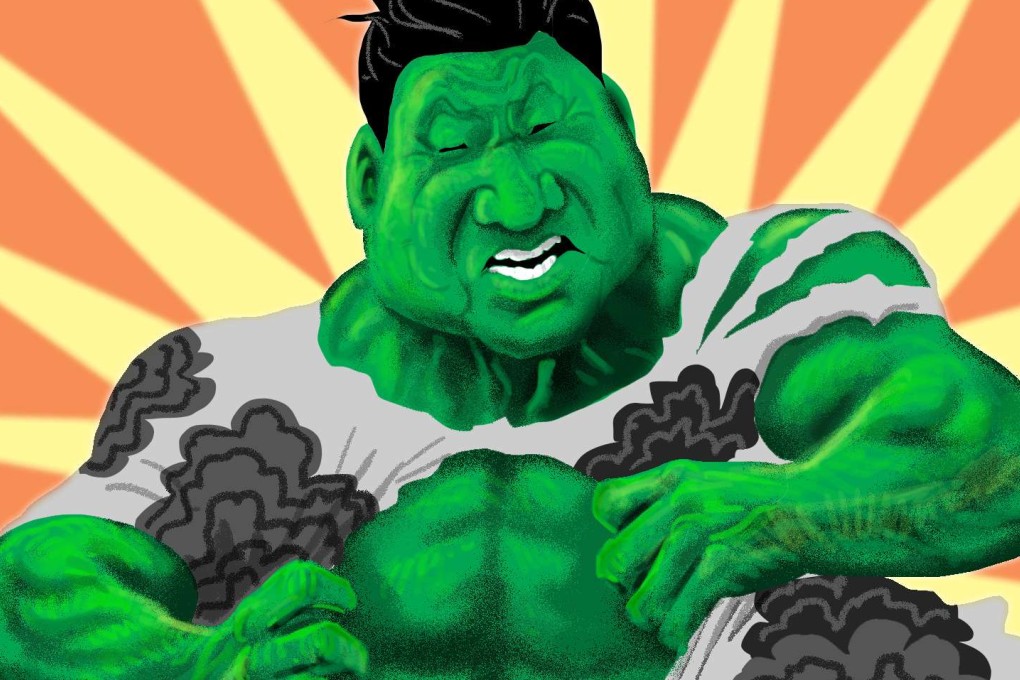Advertisement
Can China be the new global hero in environmental protection?
Wenyuan Wu says while it is commendable that Beijing has been moved to act to stem rampant pollution, it still has to grow into its new role by improving on transparency and implementation at the local level
Reading Time:4 minutes
Why you can trust SCMP


Has China earned this sudden elevation in status to climate protector? The reality is complicated.
The shift began when Xi spoke to Trump on November 14, pledging China’s commitment to fighting climate change “whatever the circumstances”. While Trump has portrayed climate change as a Chinese fabrication, China’s leadership swiftly reminded the president-elect that climate negotiations were initiated by Ronald Reagan and George H.W. Bush.
Advertisement
Beijing lecturing Washington on climate change is a major role reversal, but it does not change the fact that China’s own environmental safeguards are still works in progress. Four decades of reckless industrialisation and urbanisation have degraded China’s air and water so much that environmental problems now threaten state legitimacy. China’s dependence on fossil fuels has resulted in unprecedented air pollution, with carbon emissions rising from 5.46 million tonnes in 1950 to a colossal 8.5 gigatonnes in 2012. Pollution from coal was linked to 366,000 premature deaths in 2013 alone.



Why I’m optimistic China can avert an environmental catastrophe
Concerns over public order go hand in hand with environmental problems. Years before the Chinese government’s environmental activism started getting global attention, rampant pollution had prompted protests that made headlines. In July 2010, for example, over 1,000 villagers took part in violent protests against the environmental misdeeds of the Shandong Xinfa aluminum plant in Guangxi ( 廣西 ).
Advertisement
Select Voice
Choose your listening speed
Get through articles 2x faster
1.25x
250 WPM
Slow
Average
Fast
1.25x